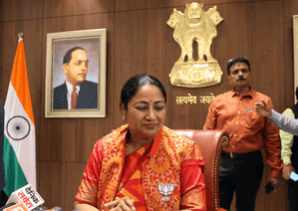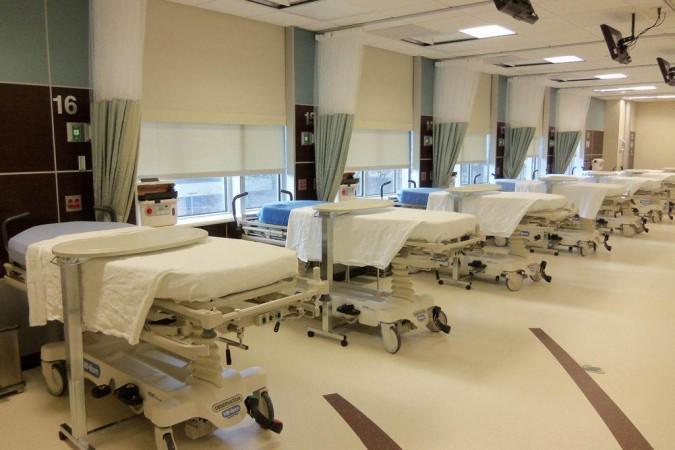
Delhi inaugurated its first Ayushman Arogya Mandir. This facility, previously a Mohalla Clinic, is now ready to commence operations from the Tis Hazari Court complex. The transformation of the clinic into an Arogya Mandir is a testament to the Delhi government's commitment to enhancing the quality and accessibility of healthcare services for its citizens.
The official inauguration of the Ayushman Arogya Mandir is scheduled for May 31. The ceremony will be led by Delhi Chief Minister Rekha Gupta and will be part of a special event at Jawaharlal Nehru Stadium. This event marks the completion of the first 100 days of the current Delhi government, a period marked by significant strides in healthcare reform. Alongside the inauguration of the Arogya Mandir, 33 new healthcare facilities will also be introduced, further expanding the healthcare infrastructure of the city.
What is Ayushman Arogya Mandir?
The Ayushman Arogya Mandir is a state-of-the-art facility, equipped with several features that distinguish it from its predecessor, the Mohalla Clinic.
The Arogya Mandir offers in-house diagnostic capabilities, with 14 types of medical tests now available directly at the clinic. This is a significant upgrade from the Mohalla Clinic, which offered only basic doctor consultations and required most tests to be conducted externally.
In addition to in-house testing, the Arogya Mandir will also provide outsourced testing options, enabling 79 more diagnostic tests to be accessed through the centre. This comprehensive diagnostic capability is a significant step towards making healthcare more accessible to the general public.
The Arogya Mandir is also integrated with the National Immunisation Programme, making routine vaccinations available on-site. This is another key service that was previously unavailable at the Mohalla Clinic. The availability of vaccinations on-site is a crucial step towards improving public health, particularly in a densely populated city like Delhi.
In addition to medical and diagnostic services, the Arogya Mandir will also offer comprehensive family planning services, including pre- and post-pregnancy care. Yoga sessions will be held every Monday and Friday, promoting holistic health and wellness among the community.
The Arogya Mandir will operate daily from 9.30 a.m. to 3.30 p.m., and will be staffed by a medical officer, a nurse, a multipurpose health worker, and a sanitation worker. This team of dedicated professionals will ensure that the facility provides high-quality healthcare services to the public.

The transformation of the Mohalla Clinic into the Ayushman Arogya Mandir is a significant milestone in Delhi's healthcare journey. Under the new Urban Ayushman Arogya Mandir model, all essential health services are being brought under one roof. This initiative by the Delhi government aims not only to enhance the quality of healthcare but also to make health services more accessible to the general public.
The local community has expressed enthusiasm about the upcoming Arogya Mandir. The BJP government in Delhi has an ambitious plan to expand health services through these centres, and the inauguration of the first Arogya Mandir is a significant step towards realizing this vision.
The establishment of the Ayushman Arogya Mandir is reminiscent of similar healthcare revolutions in the past. For instance, the establishment of the National Health Service in the United Kingdom in 1948 marked a significant shift in healthcare delivery, making healthcare services accessible to all citizens regardless of their ability to pay. Similarly, the Ayushman Arogya Mandir aims to make healthcare services more accessible to the general public, marking a significant step towards achieving health equity in Delhi.

















